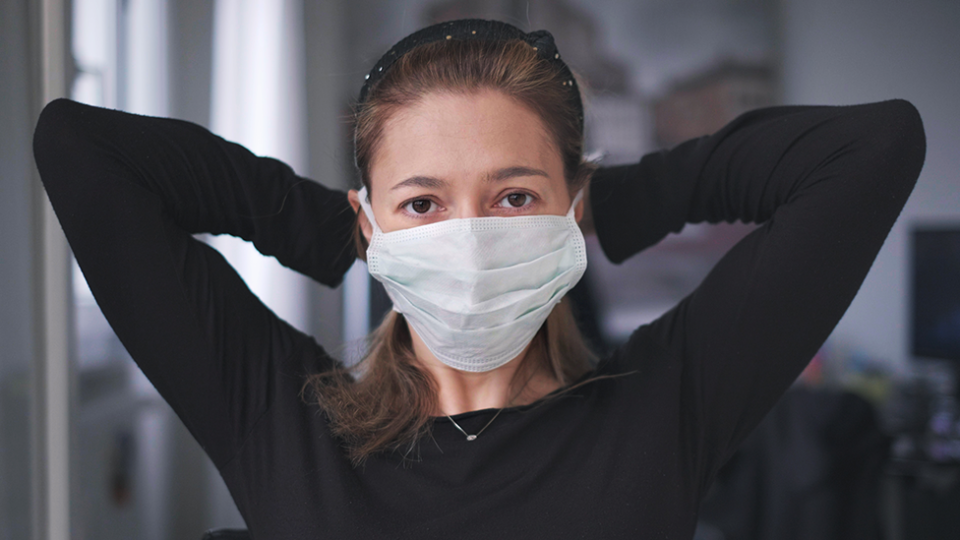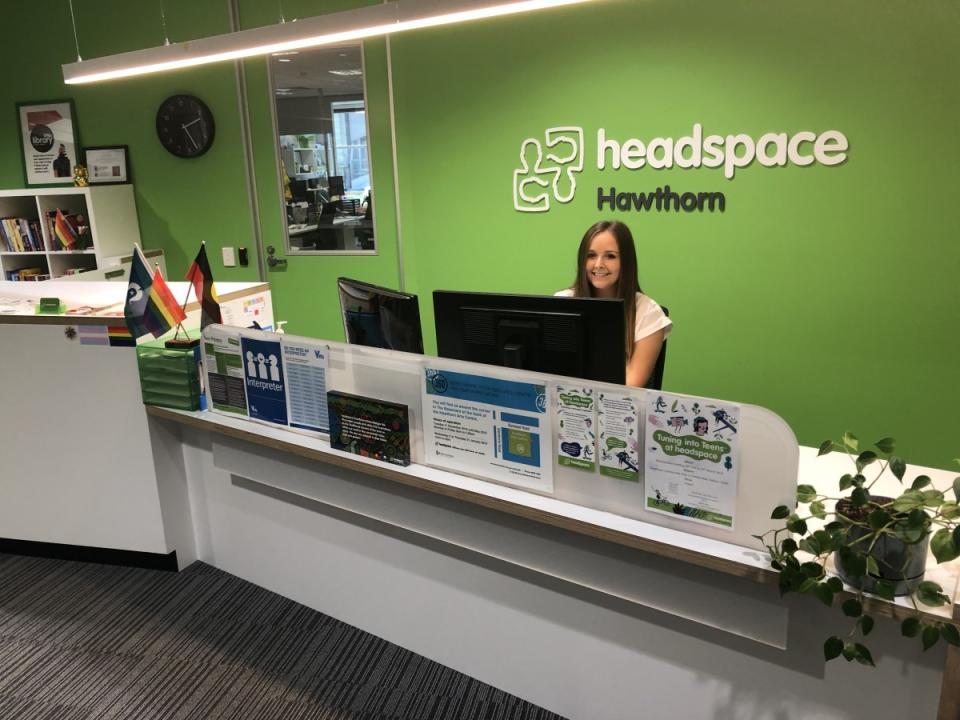Young Aussies' 'concerning' mental health spike post-lockdown
As 2020 draws to a close, it’s become apparent that the coronavirus has claimed far more victims than those that physically contracted the disease, with mass lockdown having major impacts on wellbeing, relationships, financial stability, employment and mental health.
Now it has become clear that the lockdown period took a serious toll on young Aussies’ mental health, as the National Youth Mental Health Foundation, headspace reveals psychosis patients struggled to access early intervention because of the lockdown.

The headspace Early Psychosis program is a free treatment option for 12-25-year-olds experiencing symptoms of psychosis available in centres across the nation.
Psychosis is a specific mental health episode in which individuals struggle to connect with reality and the world around them.
Headspace defines psychosis as: “an experience where a person has problems interpreting the world around them. They might see or hear things that other people can’t or have unusual ideas or beliefs.”
The program, run by headspace, services an estimated 1000 young Aussies each year, and though it is available online and via Telehealth, its patients have been markedly disrupted by the coronavirus pandemic and subsequent lockdowns in a trend that has the experts seriously concerned.
Demand for the program plummeted by 20% at the peak of the lockdown in April, and while this may seem like a good statistic that indicates fewer young people were experiencing psychosis symptoms, it seems access, not numbers, were the factor influencing the drop.
From June to September, as restrictions eased, demand for support services skyrocketed by 42%, leaving Early Psychosis Program leaders seriously concerned that early intervention is at risk for many patients.
RELATED:
Miss Universe Australia's Maria Thattil on rising up against trolls
'I lost my job, my house, my mind': Beauty queen's bipolar battle
“The data is telling us that as lockdown eased in some states, there has been an increase in the numbers of young people with symptoms of early psychosis presenting to our programs,” headspace National Clinical Advisor Simon Dodd said in a statement.
“It’s promising to see young people are seeking help, however, it is concerning that more young people are presenting with more severe symptoms of psychosis.”
“We would encourage young people to seek help early if they need it, particularly for young people in Melbourne who have experienced tighter, longer COVID-19 restrictions.”
Delayed access, worse symptoms

It’s not just the numbers that indicate the lockdown took a serious toll on vulnerable young Aussies, practitioners across the nation report that by the time demand for the program spiked, patients were showing up with far more severe symptoms than usual.
Josh Onikul, Acting Operations Manager at headspace Early Psychosis NSW, is concerned that awareness of the program, which is often presented through schools and community groups could be behind the lack of access during the lockdown.
“We saw a big jump in young people presenting across Western Sydney from May onwards, coinciding with the eased lockdown restrictions across the state,” he says. “The concerns they had were worse and their needs were more complex.”
“The way we usually raise awareness of our services is limited,” he adds. “Restrictions have changed the ways in which we would normally interact and engage with schools and the community.”
“Community messaging has been hyper-focused around staying at home and hygiene. While understandable for our current times, this lack of connection and exposure amongst young people who might be experiencing the early signs of psychosis could contribute towards a much larger problem.”
Veronica Curtin, Clinical Services Manager at headspace in Queensland warns delaying treatment can have dreadful impacts, and also reports a spike in returning patients.
“We totally understand the reasons behind these choices, but, unfortunately, it means that the severity of these people’s psychosis symptoms is markedly more acute,” she reports.
“Additionally, we’re also hearing reports of increased numbers of people who had previously been referred coming back into the system post-lockdown. This could be due to the increase in pressures or triggers experienced during this challenging time.”
Glenda Pedwell, Deputy Director AMAH Allied Health, Child, Youth and headspace which operates Early Psychosis programs in South East Melbourne, says the state’s extended lockdown took a massive toll on the mental health of their patients.
“Victoria has seen some of the most severe and prolonged measures to manage COVID-19 and this has increased young people’s feelings of isolation and disconnection,” she says.
“The number of episodes through our headspace Early Psychosis centres almost doubled during July and August this year, compared to the same time in 2019. Our centres have also experienced an increase of 16% in episodes for young people who are already using our service, compared to the same time last year.”
Across the board, headspace is urging young people to access their Telehealth and online options, rather than delay seeking treatment.
it comes as other mental health patients and sufferers of mental illness were seen to be dramatically impacted by the lockdown.
In September The Butterfly Foundation reported a concerning increase in requests for support for eating disorders since states across the nation went into lockdown in March, sparking concern the lockdown is linked to an increase in eating disorders and disordered body image.
Mental health support for yourself or a loved one can be found by calling Lifeline on 13 11 14, Mensline on 1300 789 978, or the Kids Helpline on 1800 551 800.
Online support is available via Beyond Blue.
Never miss a thing. Sign up to Yahoo Lifestyle’s daily newsletter.
Or if you have a story idea, email us at lifestyle.tips@verizonmedia.com.

 Yahoo Lifestyle
Yahoo Lifestyle 


